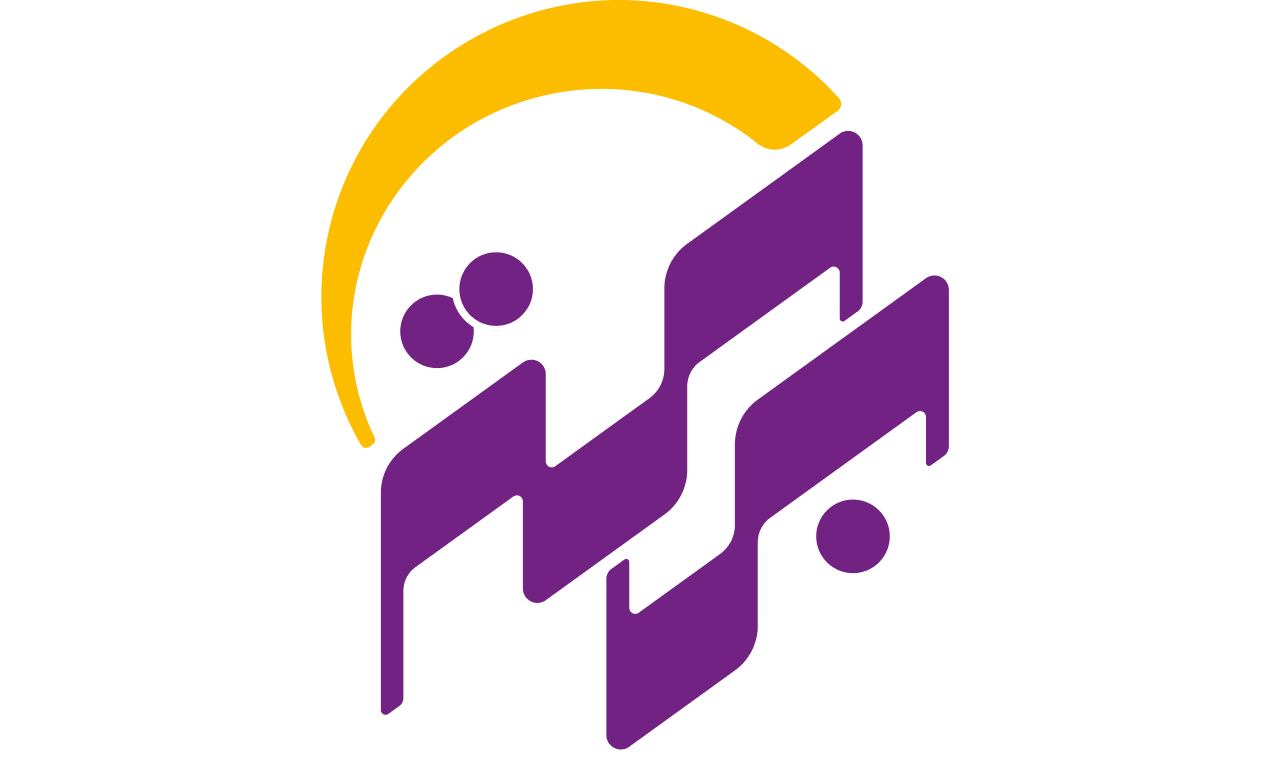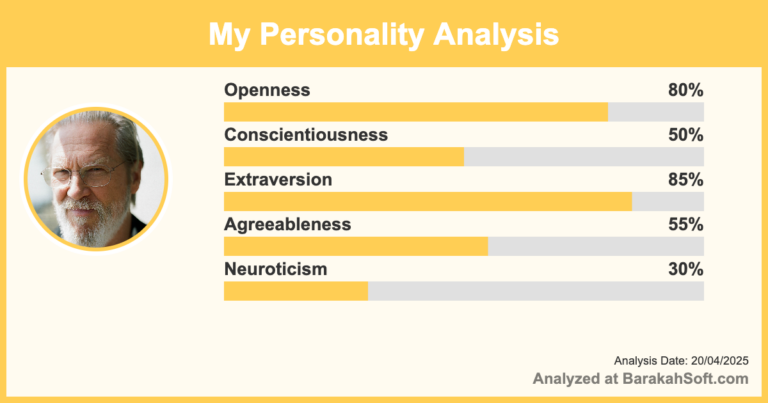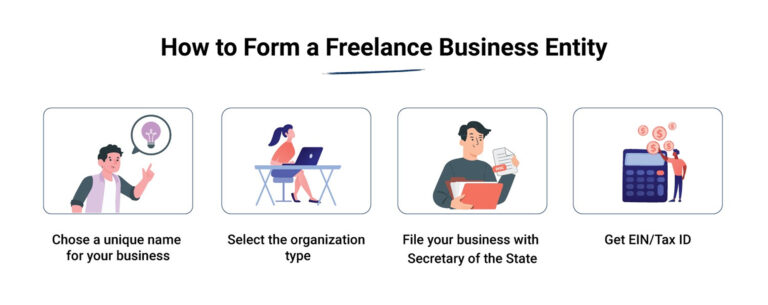If you’re working remotely and serving clients across borders, choosing the right business bank account is more than just convenience—it’s survival. From getting paid in multiple currencies to reducing transfer fees, the wrong choice can eat into your income or block your growth.
This guide breaks down the best international business bank accounts for remote entrepreneurs in 2025, based on real use cases like freelancing, SaaS, and digital consulting.
Why You Need a Global-Friendly Business Bank
Traditional banks were never designed for the way modern entrepreneurs work:
-
You work in one country, live in another, and get paid in a third.
-
Clients want to pay by card, ACH, wire, or even crypto.
-
You’re constantly moving—banking needs to follow you.
The wrong bank means:
-
High transfer and conversion fees
-
Account freezes over international logins
-
No support for receiving USD/EUR/GBP in one place
The right setup saves time, avoids compliance headaches, and makes it easier to scale globally.
What to Look for in an International Business Bank
Before jumping into names, here’s what matters most:
-
Multi-currency support (USD, EUR, GBP at minimum)
-
Easy account setup for non-residents
-
Low fees for transfers and currency conversion
-
Integration with Stripe, Payoneer, Wise, etc.
-
Good UX and mobile-first support
-
Clean compliance and documentation
With that in mind, here are the top options for 2025.
1. Wise Business
Best for: Freelancers, consultants, and small remote teams
Wise (formerly TransferWise) is the go-to option for freelancers and small business owners who want to receive and send money globally—without the traditional banking markup.
Key features:
-
Local bank details in USD, GBP, EUR, AUD, CAD, and more
-
Fast, low-fee currency conversions
-
Direct Stripe, Amazon, and Payoneer integrations
-
Debit card for spending in multiple currencies
Pros:
-
Simple to set up for most countries
-
Transparent fee structure
-
Works well for digital nomads and small agencies
Cons:
-
Not a full bank (can’t hold certain deposits or checks)
-
No loans or credit products
2. Mercury
Best for: U.S.-based or international founders running SaaS or e-commerce
Mercury is a fully online U.S. business bank (partnered with FDIC-insured banks) designed for startups, founders, and remote companies—even if you’re not in the U.S.
Key features:
-
FDIC-insured U.S. business bank accounts
-
API access and virtual cards
-
Integrations with Stripe, Shopify, and Amazon
-
Startup perks (credits for AWS, Notion, etc.)
Pros:
-
Free to open and use
-
U.S. banking presence, good for credibility
-
Clean UI and strong support
Cons:
-
Requires a U.S. company (LLC or C Corp)
-
Not suitable if you don’t want a U.S. entity
3. Payoneer
Best for: Marketplace sellers, freelancers, affiliate marketers
Payoneer specializes in cross-border payments. It’s great for receiving money from marketplaces like Upwork, Fiverr, Amazon, or affiliate networks.
Key features:
-
Receive payments in multiple currencies
-
Virtual global receiving accounts
-
Prepaid MasterCard for global spending
-
Partnered with major networks and platforms
Pros:
-
Instant payments between Payoneer users
-
Simple withdrawal to local bank accounts
-
Global compliance coverage
Cons:
-
Higher fees than Wise in some cases
-
Not ideal for managing team expenses or payroll
4. Revolut Business
Best for: European entrepreneurs and startups
Revolut Business is available in the UK and most of Europe, offering a modern platform for sending, receiving, and spending across borders.
Key features:
-
Multi-currency business accounts
-
Built-in budgeting and analytics tools
-
FX at interbank rates
-
Cards for team members
Pros:
-
Slick mobile-first interface
-
Great for EU freelancers and SMEs
-
Can be used with crypto wallets
Cons:
-
Not available globally
-
Tiered pricing, free tier is limited
5. N26 Business (EU only)
Best for: Solo entrepreneurs based in Europe
N26 is a fully digital bank based in Germany, offering mobile-first accounts with good international capabilities.
Key features:
-
Instant notifications and transfers
-
Free card with travel insurance on some plans
-
Currency conversions at low rates
Pros:
-
Regulated EU bank
-
User-friendly app and fast setup
-
Good fit for freelancers inside EU
Cons:
-
Not available outside Europe
-
Limited business tools compared to Wise or Mercury
What About Traditional Banks?
In most cases, avoid them unless:
-
You’re legally required to have a local business account
-
You’re based in a country where fintech is restricted
Traditional banks charge high international fees, have poor support for global payments, and often require in-person visits or paperwork that doesn’t work well for remote setups.
Which Should You Choose?
Start here:
-
Solo freelancer without a U.S. company? → Wise Business
-
U.S.-registered SaaS founder? → Mercury
-
You get paid from marketplaces? → Payoneer
-
Based in EU/UK? → Revolut or N26
If you’re serious about running an international business, consider combining:
-
Wise for client payments
-
Mercury for U.S. infrastructure and credit access
-
Payoneer for platform income
Final Word
Your business bank isn’t just about storing money—it’s about moving it across borders, currencies, and platforms. Choose one that fits your actual workflow, not just what looks popular. The right account setup will save you fees, simplify compliance, and let you focus on growing your remote business, not fighting with your bank.























